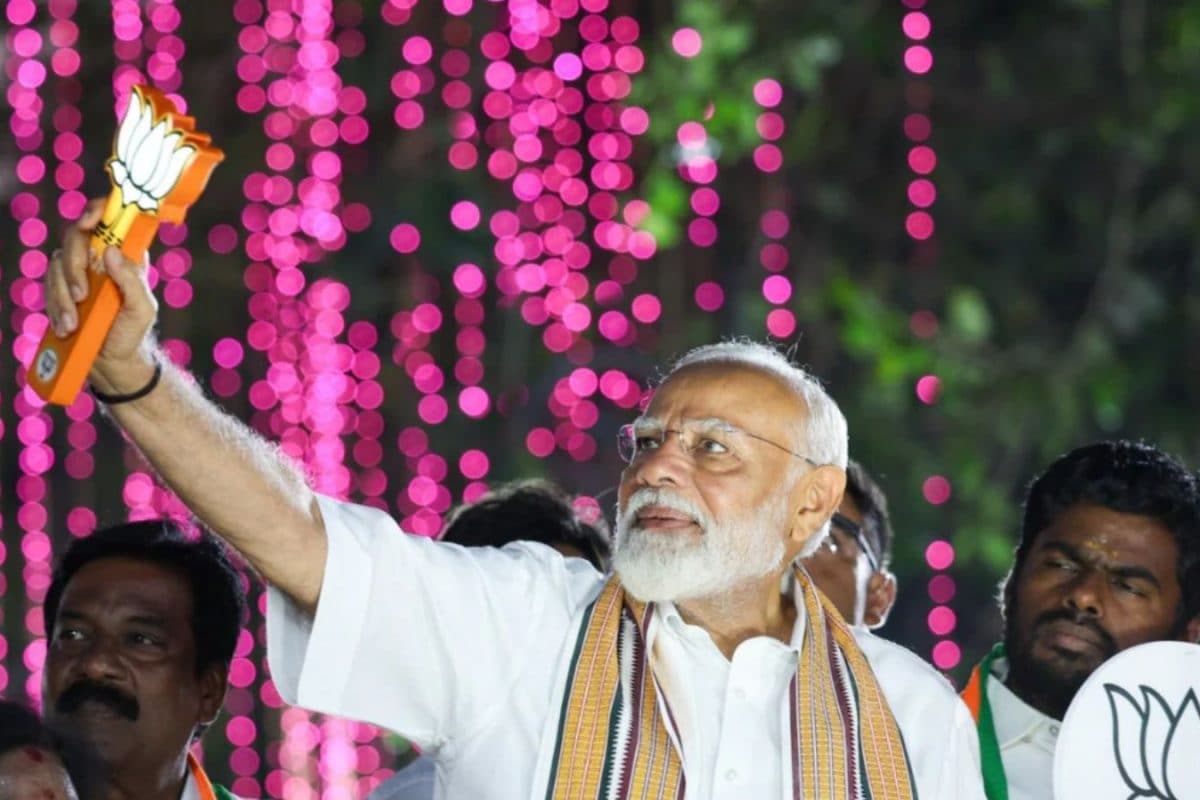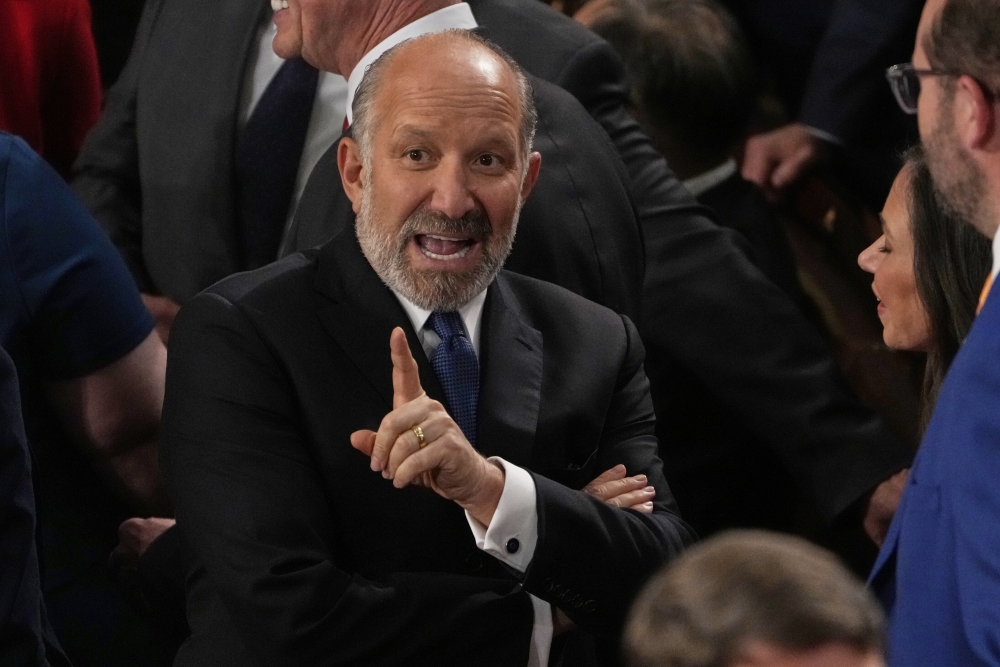The BJP, which is trying to get a toehold in TN politics, fancies its chances by either going it alone or by reviving the tie-up with the AIADMK Tamil Nadu will go to polls in 2026, but the opposition, led by the All India Anna Dravida Munnetra Kazhagam (AIADMK), has already started girding its loins to dethrone its arch-rival Dravida Munnetra Kazhagam (DMK), which is facing anti-incumbency and widespread resentment for promoting nepotism. The BJP, which is trying to get a toehold in TN politics, fancies its chances by either going it alone or by reviving the tie-up with the AIADMK. Both parties are ruing their decision to go it alone in the 2024 Lok Sabha polls, with AIADMK getting an impressive 21% share of the popular votes and the BJP capturing 11%.
To psephologists, it was a monumental blunder because, had they fought together, they would have registered an impressive tally of 32%, assuming complete transferability of votes, which sceptics often regard as partially untenable. Tamil Nadu BJP President Annamalai had prevailed upon the party leadership to go it alone in 2024. The party is now in a dilemma.

If it once again goes it alone, it might improve its vote share a bit, but that might not convert into seats for which the critical mass is around 30% to 32%, given the nature of groupings in the state. But if it ties up with AIADMK, it fears the prospect of having to play second fiddle. Annamalai, in 2024, wanted to shake himself and his party from the coattails of the AIADMK and perhaps still wants to repeat that experiment.
But others in the party, especially in TN, are a chastened lot. Meanwhile, the Tamilaga Vettri Kazhagam (TVK) of matinee idol Vijay is getting some traction among the Tamil Nadu electorate. But he, too, wants to go it alone by questioning the nepotism and the alleged corruption of the ruling DMK and condemning the alleged communal politics of the BJP.
The BJP and the AIADMK feel if the TVK throws its hat in the ring, it will be to their advantage as it would cut into the votes of the ruling dispensation. These are all self-fulfilling prophecies, and time alone will tell whose vote TVK would cut into. But one thing is clear – film stars, despite their larger-than-life image, cannot make their fledgling parties win unless they have an organisational backbone.
Ask Kamal Haasan and the late Vijay Kant’s party. Both the BJP and Rajnikanth could have complemented each other had the latter not hemmed and hawed for nearly two decades and cast his lot openly with the party. Now his popularity is on the decline, though he is by no means a spent force in a state where people are held in thrall by matinee idols.
Freebies play a major role in Tamil Nadu politics, as indeed elsewhere. Women of 21 years and more, with their families not crossing the Rubicon of Rs 2.5 lakh income per year, get Rs 1,000 a month plus a free bus ride irrespective of their age and family income.
Mixers, grinders and television sets have swayed the Tamil voters in the past. So, it is very well possible there could be an encore of Delhi and Maharashtra assembly elections in the matter of competitive freebie promises in the run-up to the elections. The BJP will most certainly invoke its much-vaunted double engine power to fulfil its poll promises.
The BJP might also try to woo the electorate by conferring Bharat Ratna posthumously on DMK founder the late Karunanidhi, as it conferred on the late Mulayam Singh Yadav, the founder of the Samajwadi Party. But such symbolisms aren’t likely to help much. The Dravidian parties are imbued with visceral hatred for what they perceive as the imposition of Hindi and North Indian culture on them by the BJP.
AIADMK might ally with the BJP in the spirit of ‘your enemy’s enemy is my friend’, as well as to score electoral gains under the first-past-the-post system in which allowing votes to split is an unpardonable blunder. But it would not like to be seen on the side of what they perceive to be anti-Islam policies of the BJP, which is why it recently voted with the DMK in passing a resolution against the Waqf amendment bill. Like the BJP, the Dravidian parties have their own core issues, like minority rights and celebrating exclusively the pristine purity of the Tamil language and culture.
The BJP supporters once, not long ago, toyed with the idea of trifurcation of the state of Tamil Nadu. Kongu region, comprising Coimbatore, is a mini bastion of the BJP. Ergo, it can be carved out into a separate state, goes the loud thinking.
Ditto for the South, comprising Kanyakumari and Ramnad districts, among others. Smaller states are also administratively convenient. Chhattisgarh was carved out of Madhya Pradesh, Uttarakhand out of UP and Jharkhand out of Bihar.
So, administrative convenience can be the ruse for electoral gains. Will the Narendra Modi government latch onto the idea pioneered by the Vajpayee government? While PMK (Pattazhi Makkal Katchi) is in favour of smaller states, other major stakeholders may raise a banner of revolt. The DMK and AIADMK would not be in favour of such trifurcation as it would downsize their empire.
For BJP, it would perhaps be an opportunity to rule the smaller states. The writer is a senior columnist. He tweets @smurlidharan.
Views expressed in the above piece are personal and solely those of the author. They do not necessarily reflect News18’s views..
Politics

Opinion | To Ally Or Not To Ally, The 2026 Tamil Nadu Poll Dilemma For BJP

The BJP, which is trying to get a toehold in TN politics, fancies its chances by either going it alone or by reviving the tie-up with the AIADMK















